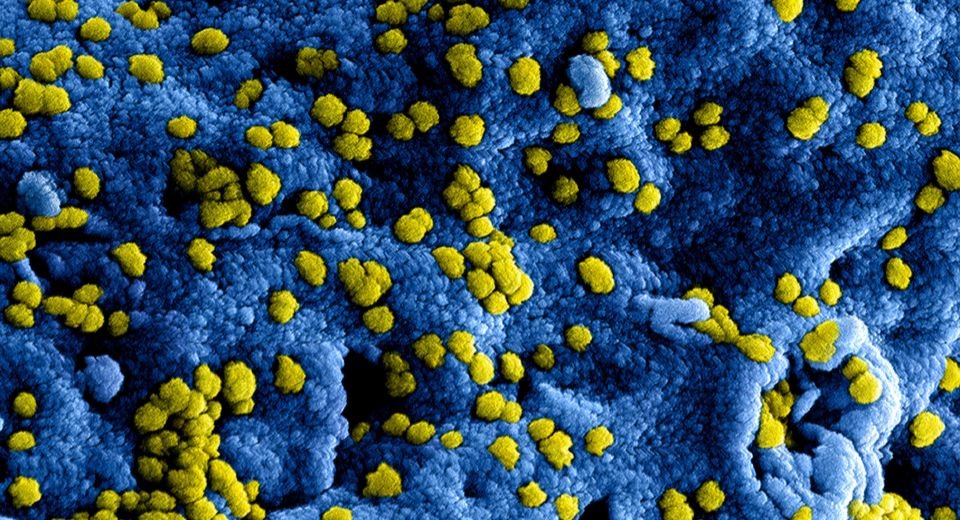HQ Team
January 4, 2025: A new study reveals that genetic testing can identify which antifungal drugs will effectively treat patients with Candida auris (C. auris) infections. This research by the Columbia University Irving Medical Center could lead to faster, more effective treatment options for this multidrug-resistant yeast.
C.auris has emerged as a significant global health threat since its identification in 2009. It is responsible for severe infections in healthcare settings, with a mortality rate between 30% and 60%. The fungus is challenging to treat due to its various strains, each exhibiting different resistance profiles to antifungal medications.
Susceptibility testing Vs whole genome
Current methods involve time-consuming susceptibility testing, which can delay effective treatment. This involves growing a sample of a patient’s C. auris in the presence of different antifungal agents and waiting to see which drug kills the fungus. However, minimum inhibitory concentration breakpoints—i.e., the lowest concentrations of different antifungal drugs that will stop its growth—have not been fully established, which makes it difficult to test susceptibility. There are currently no C. auris-specific antifungal susceptibility tests (AFSTs) available in most U.S. hospitals. Clinicians often need to send C. auris isolates to specialized laboratories for testing, which can delay treatment decisions and potentially worsen patient outcomes Also the results have been found to be inconsistent
Researchers studied samples from 66 patients. They utilized whole-genome sequencing (WGS) and traditional susceptibility testing to understand the genetic basis of antifungal resistance. The study identified specific mutations in the FKS1 gene linked to resistance against echinocandins, the primary treatment for C. auris infections.
Resistance was observed against all three major classes of antifungal drugs. They found that the Ser639Tyr and Arg135Ser mutations are associated with resistance to micafungin and anidulafungin. The Met690Ile mutation is linked to resistance against caspofungin.
Dr. Marie C. Smithgall of the Columbia University Irving Medical Center, emphasized that early detection of drug resistance through genetic methods could significantly impact treatment strategies, allowing for the use of novel antifungal agents when necessary. “With potential resistance to all three major antifungal classes of drugs, C. auris is an emerging public health threat. Early detection of echinocandin resistance by molecular methods could impact treatment courses to include novel antifungal agents,” Smithgall said. “Overall WGS serves as a powerful tool for molecular surveillance to help monitor, detect, and curb the spread of C. auris.”
This research highlights the potential of genomic sequencing as a powerful tool for improving patient outcomes in the fight against C. auris infections, which continue to pose serious public health challenges globally.
The research was published in a special issue of the Clinical Chemistry journal.
